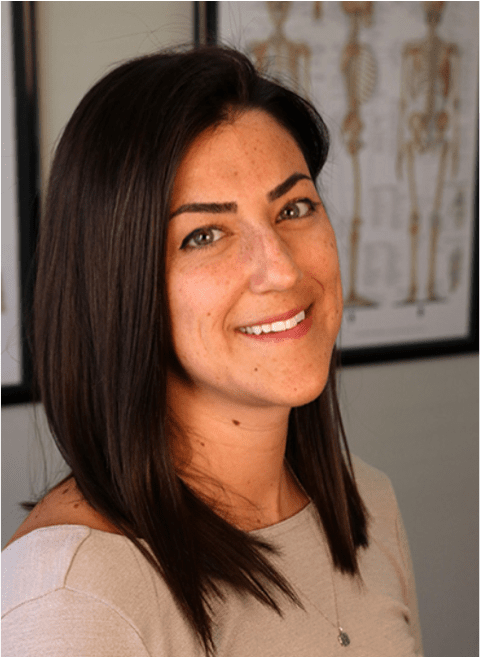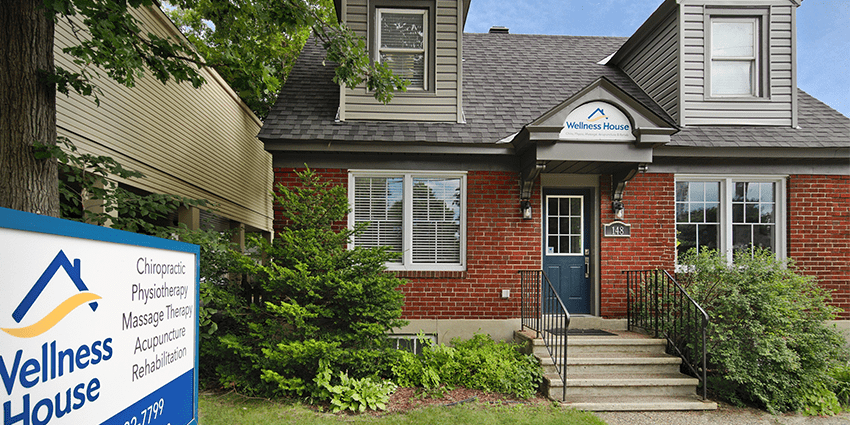Neck pain can be a debilitating problem effecting 1 in 5 people, having a significant impact on their life. For most patients, a well thought out physiotherapy treatment plan can help them to live without pain. To be successful it is important to fully understand the cause of your neck pain and to build a plan of intervention to address, compensate for, and correct the underlaying causes.
Did you know that:
• 10-20% of people will experience neck pain in a given year.
• Office workers have a higher incidence of neck pain than the general population.
• Urban dwellers have more neck pain than people who live in rural communities.
• Most neck pain is recurrent, if left untreated it will last over a person’s entire life.
• Women are more likely to suffer from neck pain than men.
• Wealthier countries report higher incidences of neck pain.
• People between 35-49 years of age are most likely to experience neck pain.
PHYSIOTHERAPY ASSESSMENT OF NECK PAIN
A thorough assessment of neck pain means, discovering which factors are contributing to the patient’s problem. Here is a some of the possible contributing factors.
• Poor posture (standing, sitting, sleeping)
• History of trauma
• Sedentary lifestyle and work environment
• History of repetitive neck or upper extremity motions
• Poor ergonomic set up (especially computer stations)
• Weak neck stabilizing musculature
• Poor shoulder blade position, strength or control
• A family history of neck pain
• Thoracic spine stiffness
• Central nervous system hypersensitivity
• Depression or anxiety
Once we understand the main factors leading to the development of a patient’s neck pain, we can do a complete examination including tests of the muscular and neurological systems as well as a physical examination of the joints. Physiotherapists also screen for more serious medical pathology and refer to the appropriate physicians if necessary. Only after we synthesize all of this information can we put together an excellent physiotherapy treatment plan.
PHYSIOTHERAPY TREATMENT FOR NECK PAIN
All patient’s are unique, hence have different contributing factors, each treatment plan will be specific to that individual’s problem. Research has shown that physiotherapy combining manual (hands on) therapy and exercise works better than either of those treatments alone. It is critical that your physiotherapist uses the right type of manual therapy, focused on the tissues and joints, coupled with an expertly prescribed exercise program. This is why at Wellness House we offer hands on treatments and do not utilize machines in our clinic.
Zack Song B.Sc., M.PT.
Registered Physiotherapist
Stats from: physiocanhelp.ca





